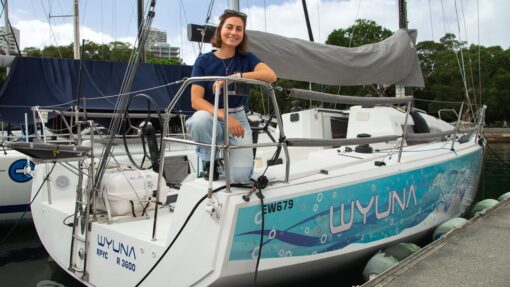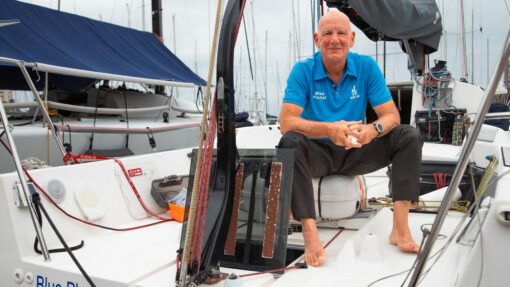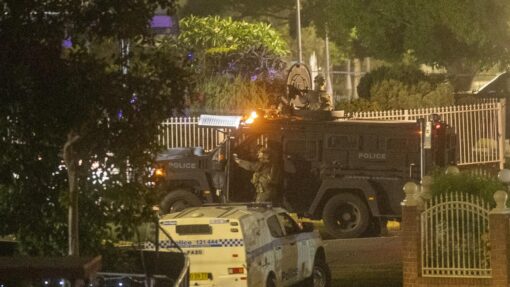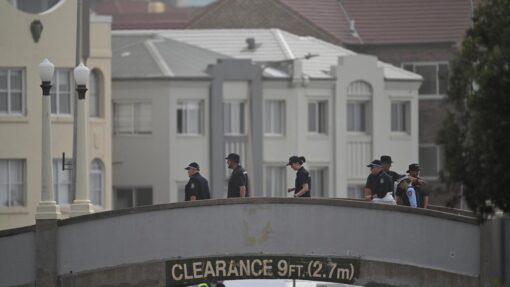Developer’s stark warning after critical stadium report
Ethan James |
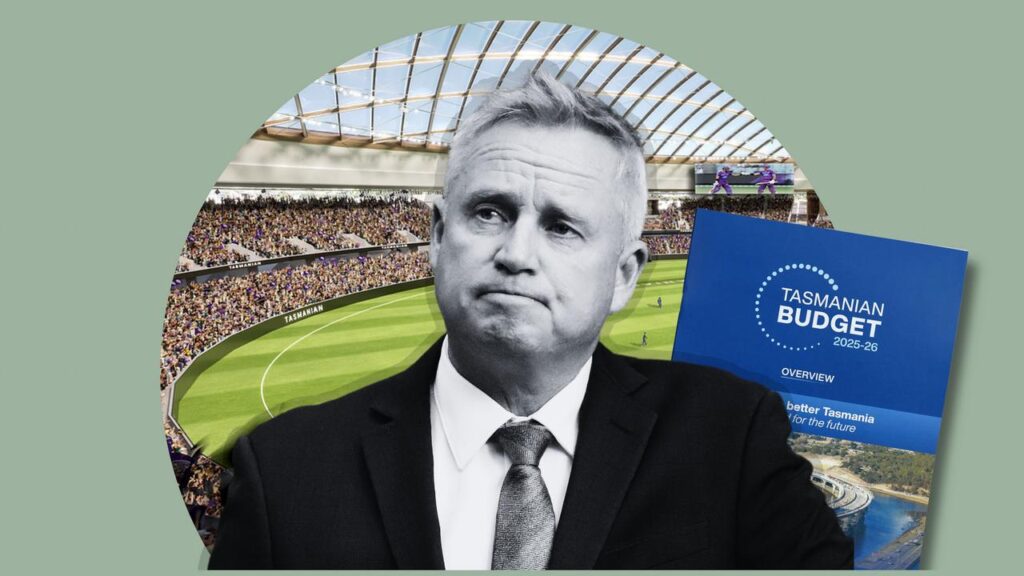
The developer behind Tasmania’s proposed AFL stadium has hit back at a report that recommended the project not go ahead, warning more delays will bump up the cost.
Macquarie Point Development Corporation chief executive Anne Beach also said the state planning commission’s criticism of the stadium’s size was a “matter of opinion”.
Construction of a roofed stadium at Macquarie Point in Hobart is a condition of the Tasmania Devils entering the AFL and AFLW in 2028.
The project copped a scathing assessment on Wednesday from the planning commission, which said the stadium was not worth the cost, too big and would impact heritage values.
To get the green light, the stadium must be approved by Tasmania’s parliament, with a vote expected to be held by the end of the year.
Under the AFL deal, the stadium must be ready to host games for the Devils’ second season in 2029.
“We need to have it approved this year so we can stick to the current estimates we have. If there is further delay, there will be further cost,” Ms Beach said.
The stadium, initially priced at $715 million, rose in projected cost on Wednesday from $945 million to $1.13 billion.

A Liberal state government bid to fast-track the stadium’s approval was abandoned earlier in the year because of a snap election.
Tasmania’s Labor opposition has appeared to soften its previously “unconditional” stadium support, with leader Josh Willie saying he needs time to consider the commission’s report.
“My understanding is that Josh Willie has provided unconditional support for the stadium,” Liberal Sports Minister Nick Duigan told reporters.
“If he wants to walk that back … that would be killing the dream.”

The stadium needs Labor’s support to get through parliament’s lower house, while it needs the support of the opposition party and several undecided independents to get through the upper house.
Premier Jeremy Rockliff has vowed to press on with the stadium despite the commission’s report, describing it as intergenerational infrastructure.
Ms Beach said the commission’s critical assessment of the stadium business case failed to take into account broader social benefits and its “too big” verdict was opinion.
“What the report does say is this project can be built. This is a 9.3 hectare site,” she said.

“I understand when you look at a drawing, the stadium looks big and it makes everything look small. This is a huge amount of space.”
Ms Beach said claims by independent federal MP Andrew Wilkie the project was at risk of losing its commonwealth contribution of $240 million were off the mark.
Mr Wilkie said the project could breach terms of the funding contract because the money wasn’t being invested in “urban renewal projects” at the site.
A federal government spokesperson said the state was required to meet a range of conditions and it was awaiting a master plan.
AAP